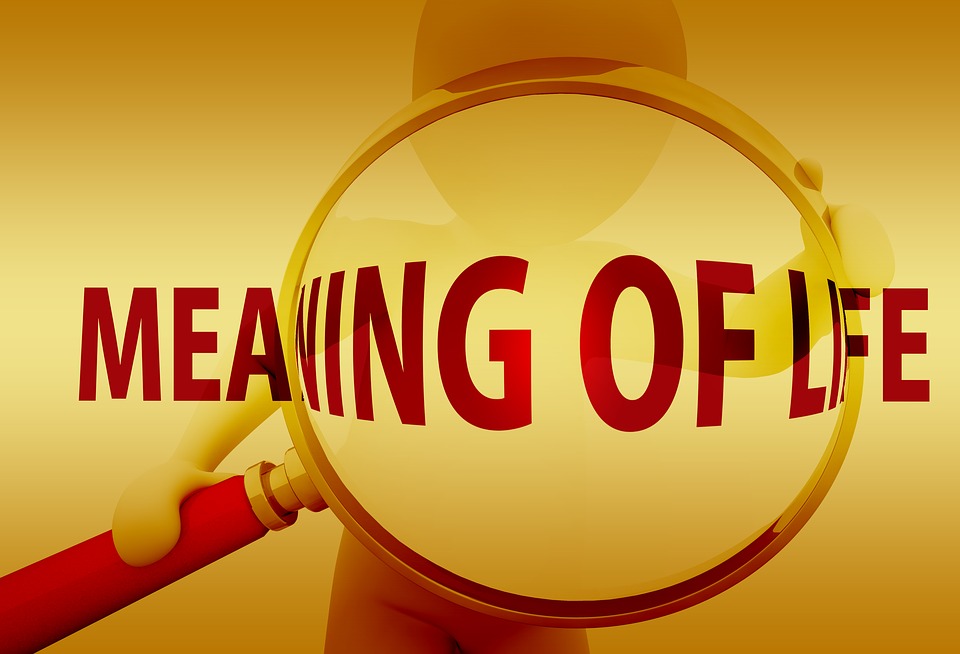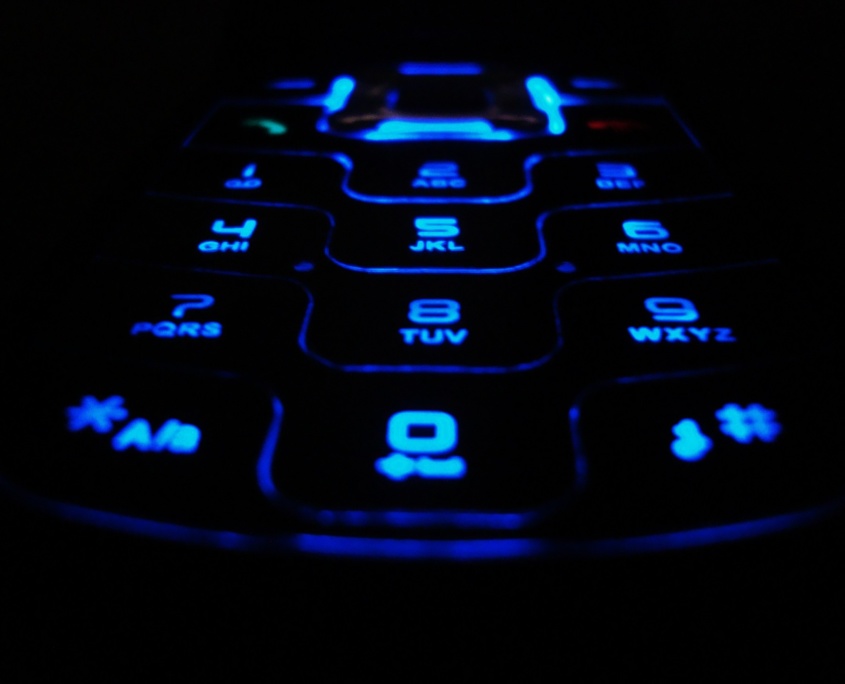
Throughout our lives, desire acts as a powerful force, as we infuse our goals with meaning and purpose. Our innate protection mechanisms often stand as barriers, though, hindering our progress and holding us back. How can we integrate effectively these contrasting forces and still move forward successfully? Let us delve into this interplay.
Desire for Success: A Motivational Engine
Desire serves as the fuel that ignites our ambitions, pushing us beyond our comfort zones towards greater growth. Whether it is professional advancement, personal development, or nurturing relationships, our desires are deeply rooted within us. Desire motivates action, fosters resilience, and shapes our visions for a brighter future.
We need more than desire alone to receive success. Strategic planning, perseverance, and taking inspired action steps help us to overcome obstacles along the way.
Protection Mechanisms: Navigating Self-Preservation
In a push-pull relationship with our aspirations, our psyche comes equipped with protective mechanisms aimed at safeguarding our well-being. These mechanisms, ingrained through evolution, manifest as fear of failure, self-doubt, or reluctance to step beyond what is comfortable. While essential for survival, they can also inhibit growth and progress.
Acknowledging these protective instincts is crucial. Awareness allows us to recognize when these safeguards get triggered and yet all the while appreciating their underlying motives.
Achieving Integration: Finding the Balance
To integrate desire and protection effectively, several steps can be taken:
- Awareness: Recognize when protective mechanisms are at play and understand their root causes. This awareness empowers us to confront and transcend these barriers.
- Be Thankful for the Fear: Rather than allowing fear to paralyze us, view it as a natural response to the unknown. Use fear as a motivator for growth and resilience.
- Practice Self-Compassion: Success often involves setbacks. Cultivate self-compassion to navigate challenges with grace and learn from experiences.
- Allow Vulnerability: Stepping into vulnerability opens doors to new opportunities. Take risks, acknowledge mistakes, and seek support when needed.
For your consideration:
Visualize it all working out plus visualize yourself taking the incremental steps to get you there. As with a GPS, allow it to be a navigational tool – guiding you turn by turn, toward your intended destination. It is both the journey and the destination that matters. And, remember to leave room for fluidity, for adjustments, if and as conditions change – you always reserve the right to make course corrections.
Living by design, with intention, focused and at ease, can be immensely satisfying.
In the intricate weave of life, balancing our desire for success with our inherent protective instincts is an essential skill. And, it is one that you can cultivate at will. By integrating these contrasting forces, we unlock our full potential and move forward with self-assurance.
Success is not just about reaching goals; it is about embracing the journey with courage and determination. I invite us all to navigate this delicate path with resilience and purpose, moving closer to our aspirations while remaining grateful for the guardrails that aim to keep us from harm.
Okay, your turn:
When have you found yourself fulfilling your aspirations consciously, and doing so despite the fears that inevitably arise when you are taking on a new challenge?
I invite you to share your observations, feelings, and experiences by leaving a Reply in the Comments section, below. Soul-to-soul!
© 2024 Lori A. Noonan. All Rights Reserved.




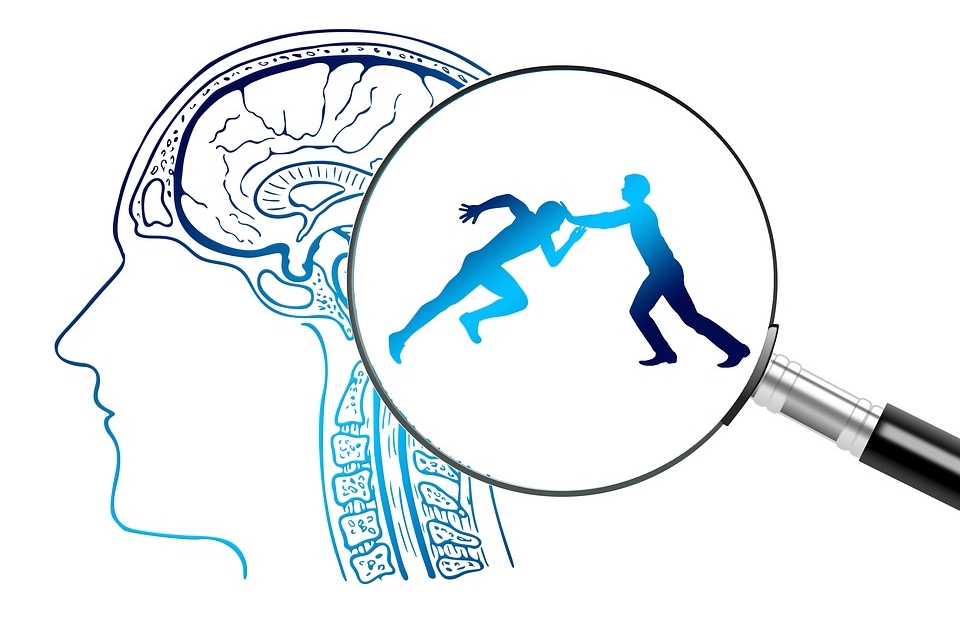
 Perhaps each of us gets in our own way, sitting and waiting for something to change by our sheer will. It’s not as simple as merely changing our thoughts, as so many may suggest. That’s a mind trick in the worst way. It’s more a matter of shifting our entire body and mind and energy systems and devoting them to changing course. Even, though, of course, there are no 100 percent guarantees. Many things can and still do happen along the way.
Perhaps each of us gets in our own way, sitting and waiting for something to change by our sheer will. It’s not as simple as merely changing our thoughts, as so many may suggest. That’s a mind trick in the worst way. It’s more a matter of shifting our entire body and mind and energy systems and devoting them to changing course. Even, though, of course, there are no 100 percent guarantees. Many things can and still do happen along the way.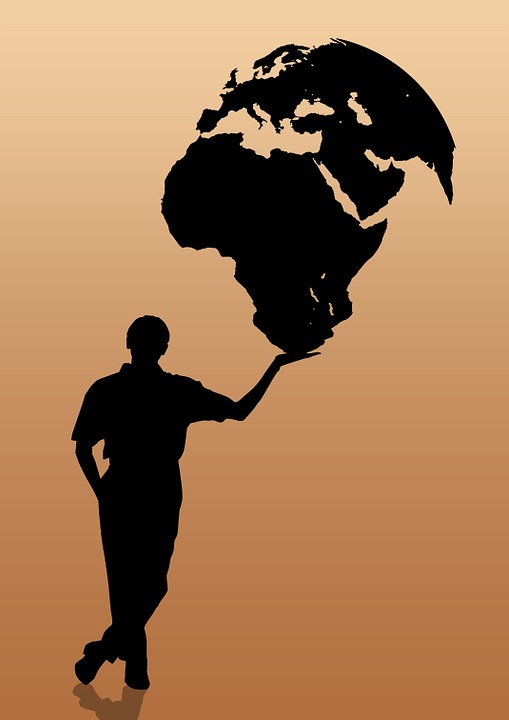
 All that pulling myself up by my own boot straps, however, did take its toll. It took me years of life living and deep spiritual growth to excavate and repair the broken threads of mistrust and to allow others to support me in healthy ways. It took me awhile to get out of survival mode and into thriving mode in a way that invited others in to help shoulder the load. Even now, sometimes the heaviness of ‘decision fatigue’ threatens to pull me down into the depths of metaphoric quick sand.
All that pulling myself up by my own boot straps, however, did take its toll. It took me years of life living and deep spiritual growth to excavate and repair the broken threads of mistrust and to allow others to support me in healthy ways. It took me awhile to get out of survival mode and into thriving mode in a way that invited others in to help shoulder the load. Even now, sometimes the heaviness of ‘decision fatigue’ threatens to pull me down into the depths of metaphoric quick sand.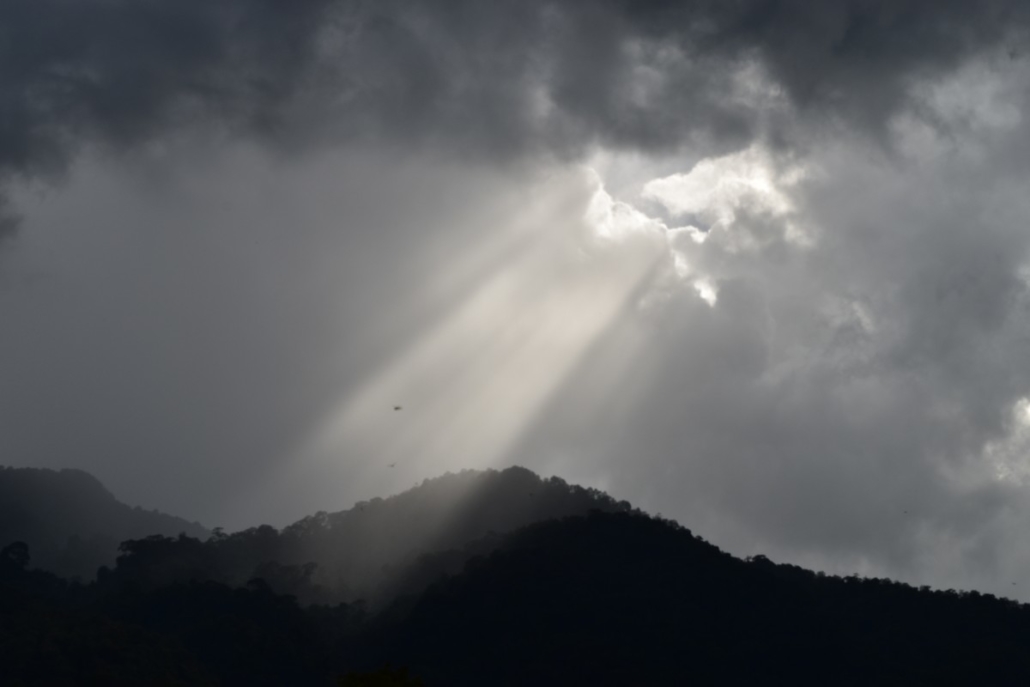
 None of this is to say, of course, that without the unparalleled coordination and carefully orchestrated efforts of the expert cave divers and other rescue volunteers and medical personnel, this group would have made it out safely. All the individuals involved with their rescue (including one former Thai navy Seal who lost his life) are due a profound debt of gratitude, respect, and honor. It’s beautiful to see all this humanity working together. It is also, however, to acknowledge that more than physics, technology, and biology were at work here. As the monk’s training and meditation exemplify, it was heart, mind and soul over matter. And it all mattered.
None of this is to say, of course, that without the unparalleled coordination and carefully orchestrated efforts of the expert cave divers and other rescue volunteers and medical personnel, this group would have made it out safely. All the individuals involved with their rescue (including one former Thai navy Seal who lost his life) are due a profound debt of gratitude, respect, and honor. It’s beautiful to see all this humanity working together. It is also, however, to acknowledge that more than physics, technology, and biology were at work here. As the monk’s training and meditation exemplify, it was heart, mind and soul over matter. And it all mattered.